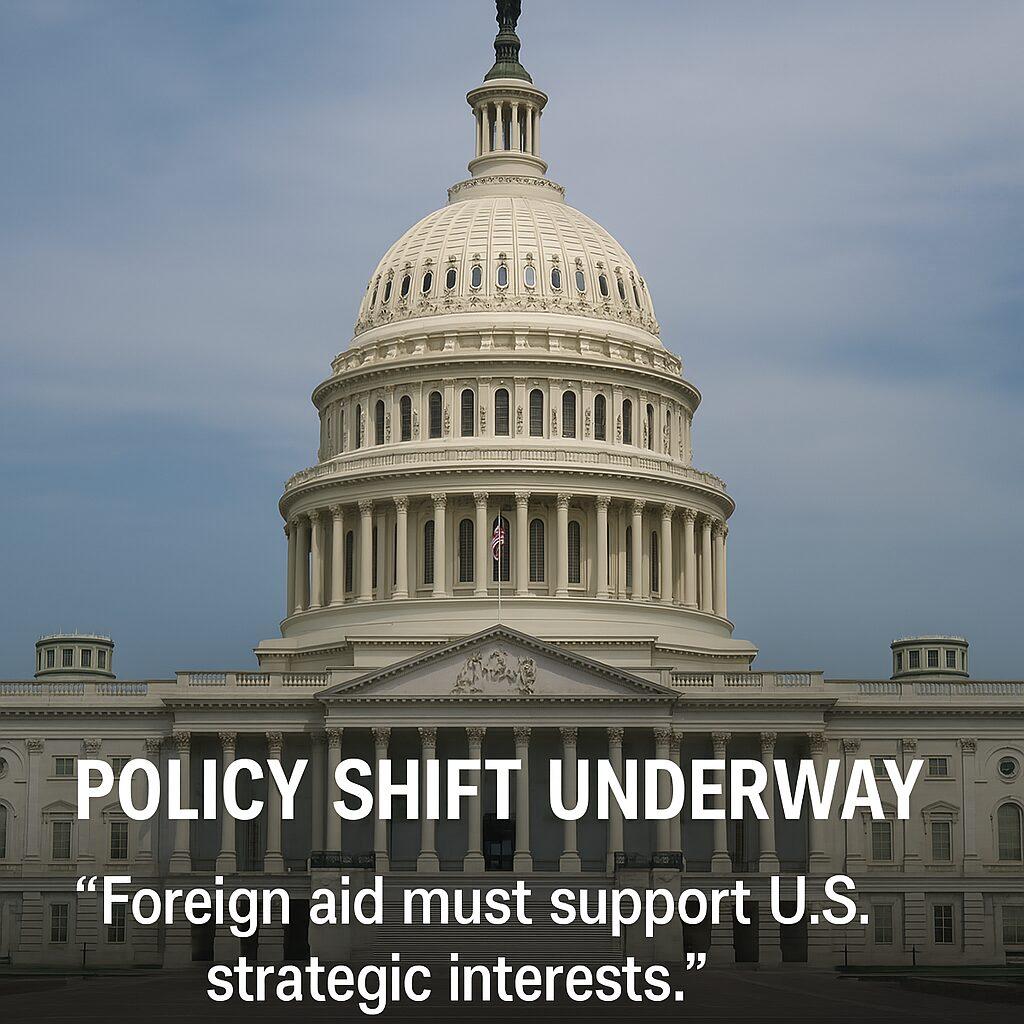IN the Philippines, when someone is asked to work in the United States, it’s tantamount to winning the lottery.
So when the option to do so was presented to Angela Guanzon, 38, a Filipina who relocated to America about a decade ago to work as a caregiver, she grabbed the opportunity and applied for the position.
“If you were born poor [in the Philippines], you’re going to die poor,” she said.
Back home, Guanzon attained an associate’s degree in hotel and restaurant management but was unable to find a permanent job. She wound up working as a cashier where she got paid P200 (about $4) per day and subsequently in the government where she made about P5,000 (about $100) per month. These were all contractual positions, and if there was no project, there was no work.
Guanzon didn’t meet her trafficker, Ilene Reyes*, until she arrived at Los Angeles International Airport in 2005, but the two had previously spoken on the phone. Although Guanzon said she did not have money to pay for the visa or plane ticket, Reyes said she would take care of the expenses.
At the airport, Guanzon was overwhelmed with happiness and didn’t think twice about handing over her passport when Reyes requested to hold it for safekeeping.
“[I was] so happy and overwhelmed and I wasn’t paying attention and I didn’t realize it’s not right for her to take my passport,” Guanzon said.
When the two arrived at Reyes’s home in the South Bay, Guanzon said she was told she owed Reyes $12,000 for her visa fees and transportation, and had to work under Reyes for 10 years. After that time, Guanzon would be permitted to return home if she wished. However, she would not be allowed to work for anyone else.
“I was thinking, ‘OK, 10 years is fine.’ It was my first time [here] so I didn’t even realize what she was saying…. I was just so eager to start. She even hugged me and told me we would be like a family, and she told me, ‘I’ll take care of you and you will take care of my business. We will be like a family’,” Guanzon said.
She further thought the conditions were OK because it was her utang na loob, or debt of gratitude, toward Reyes, as she was the reason she made it to the United States.
Guanzon was promised two days off a month, a monthly salary of $600 and a raise if business did well. However, $300 would automatically be deducted from her monthly pay for the $12,000 she was told she owed. And sometimes, she ended up getting only one day off per month.
Reyes had two caregiving facilities, Guanzon said, and each was staffed by two workers. Guanzon lived in the facility with the patients and wasn’t provided a room to sleep in. Sometimes, she would sleep on the floor in the hallways or on the couch. In addition, Guanzon was told to store her clothes in a garage where Reyes kept a dog.
“How can we put our clothes in the garage [if a] dog is there?” Guanzon said.
At the beginning of her employment, Guanzon trained at the facility close to Reyes’s house starting at 4 am. She would go to bed at 10 pm and was required to get up every two hours to check on patients who would have seizures and those who wandered around at night.
While she worked under Reyes, Guanzon was cautioned not to talk to anyone, including Filipinos, as she was told she couldn’t even trust her own people. And if Caucasians found out she had no papers, they might call law enforcement who could put her in jail, Guanzon recalled Reyes saying.
Part of Guanzon’s caregiving responsibilities involved taking the elderly patients outside for exercise and sun exposure.
It was through that part of her job that the escape door began to crack open for Guanzon, when, two years into her employment, a neighbor who noticed something seemed wrong: she didn’t appear to have any days off.
“Every time he asked [if I really had a day off], I got scared and panicked so I always said, ‘Yes, I was off yesterday.’ And he always [said] that, ‘Every time I ask you, you’re off yesterday, it’s always yesterday,’” Guanzon said. “He said people my age go out and have fun, especially on the weekend.”
Reyes noticed the exchange she had with the neighbor so she instructed Guanzon to exercise the patients in the backyard.
“I think the neighbor got curious that he didn’t see us anymore,” she said.
One day, Guanzon received a text message from someone named Trisha from the FBI who said she received her number from her neighbor. Guanzon feared the text may have been Reyes testing her to see if she would talk, so she didn’t reply until a week later.
Guanzon said she wasn’t physically abused, but saw Reyes’s harsher treatment toward caregivers at her other facility.
“She [swore] at them and [screamed] at them and [I was] kind of scared the time [would] come [where I would] be like them. I’m not used to that. Even when we were poor in the Philippines, my mom doesn’t scream at us,” she said.
Her employment situation with limited days off and long work hours was also taking such a toll on her mental and physical well-being that she was scared she might go as far as to kill herself or one of her patients.
“I said, ‘What if I can’t think straight and do something?’ I don’t want to come to the point that I’m going to do that…. So I said, ‘Whatever. I’m in a worse situation already.’ If I reply and if it’s [my trafficker], OK she kills me then. At least, if she kills me it’s finished. It’s gone. My life is gone and all the suffering is finished.”
It was Trisha who responded to Guanzon’s text message, assuring her she wouldn’t end up in jail and that the FBI would help her in whatever way it could.
Guanzon was given the option to return home if she wanted or help the FBI build a case against Reyes.
Although she wanted to go back to the Philippines, she chose to do the latter.
“I’m thinking, if I’m going to go home, I’m safe. But how about the other three [workers]? I feel bad if I leave them here. Then she [would] get another person [from] the Philippines and do what she’s doing to me. I was thinking maybe this is God’s plan for me. I’m the way to stop what shes doing. All I wanted was my freedom and freedom of the other three and for [Ilene] to stop what she was doing,” Guanzon said.
Guanzon convinced one other caregiver to talk to the FBI to make a stronger case against Reyes. She also got her trafficker to confirm that she had in fact held her passport, had paid $300 per month for two years, and had eight years left before she could go back home to the Philippines, while she was equipped with a wire.
Reyes was arrested and imprisoned in 2008.
“I can’t remember [Reyes’] sentencing, but [we] caregivers were there. [We] saw her with a chain and shackle in her hands. It was painful but [we were] kind of happy to see her there. She learned from her mistake,” Guanzon said.
Since fighting for her freedom, Guanzon obtained a T visa, which is designated for victims of human trafficking, got her green card in 2010 and visited the Philippines in 2012. She currently works as a certified nursing assistant in an assisted living facility in Santa Monica and commutes via bus to work from Koreatown, where she lives, via bus. She also attends night classes for medical billing and coding, and hopes to become a registered nurse in the future.
Guanzon has also been a vocal advocate for the Coalition to Abolish Slavery and Trafficking (CAST), a not-for-profit organization she was referred to by the FBI, where she serves as committee membership chair of its Survivor Advisory Caucus. Through CAST, Guanzon has gone to Sacramento and Washington D.C. to attend conferences about human trafficking, and has helped develop training for law enforcement and health care providers on how to identify trafficking victims. Guanzon has further shared her story on multiple occasions, which she says is a way of healing for her.
“The first thing is that here in the US, everyone has rights,” Guanzon advised to Filipinos and others who may find themselves in a situation similar to hers in 2005. “It doesn’t matter if you’re undocumented. You have a right as a human being and we all have freedom. It’s not right if someone’s holding your passport, if someone’s threatening u. I know it’s scary, but no one can help us to get out of that situation except us.”
[*Editor’s note: Ilene Reyes’s name has been changed for the purpose of this article. This article is part of an ongoing series on human trafficking in the Filipino-American community. If you think you may be a victim of human trafficking, contact the Coalition to Abolish Slavery and Trafficking hotline at: 888-539-2373]




